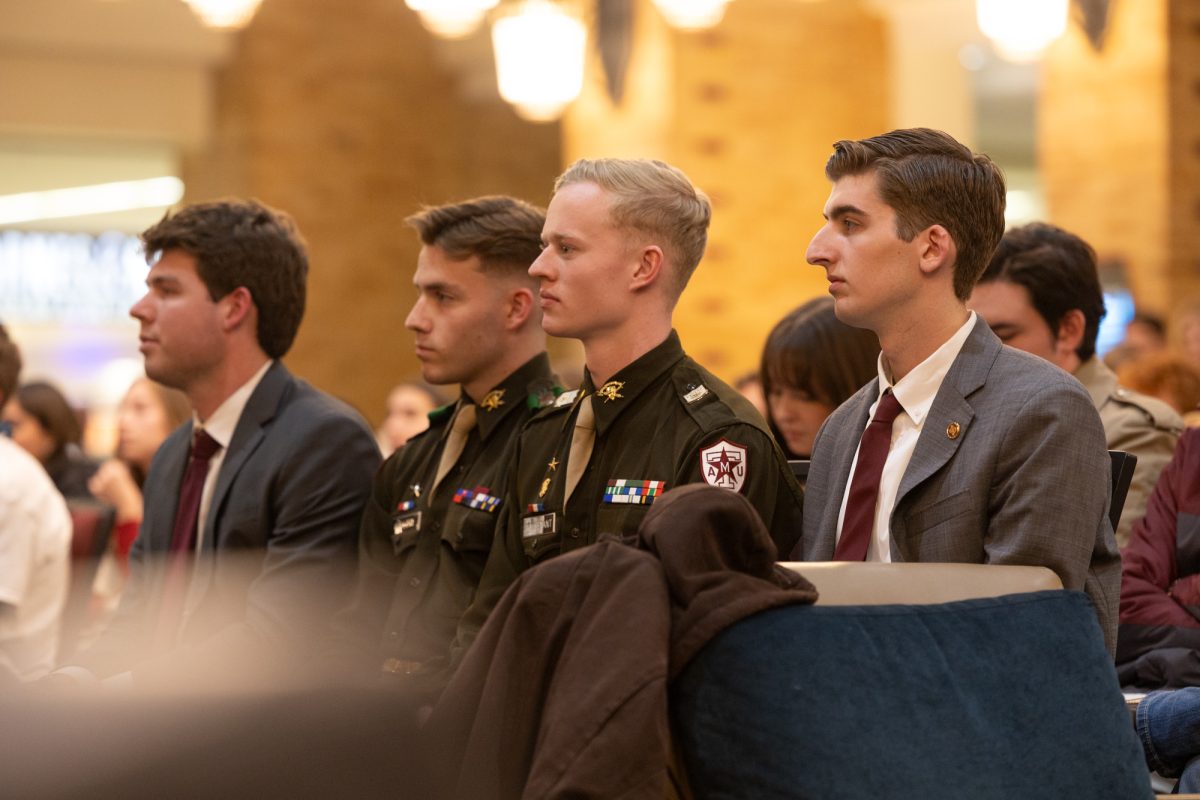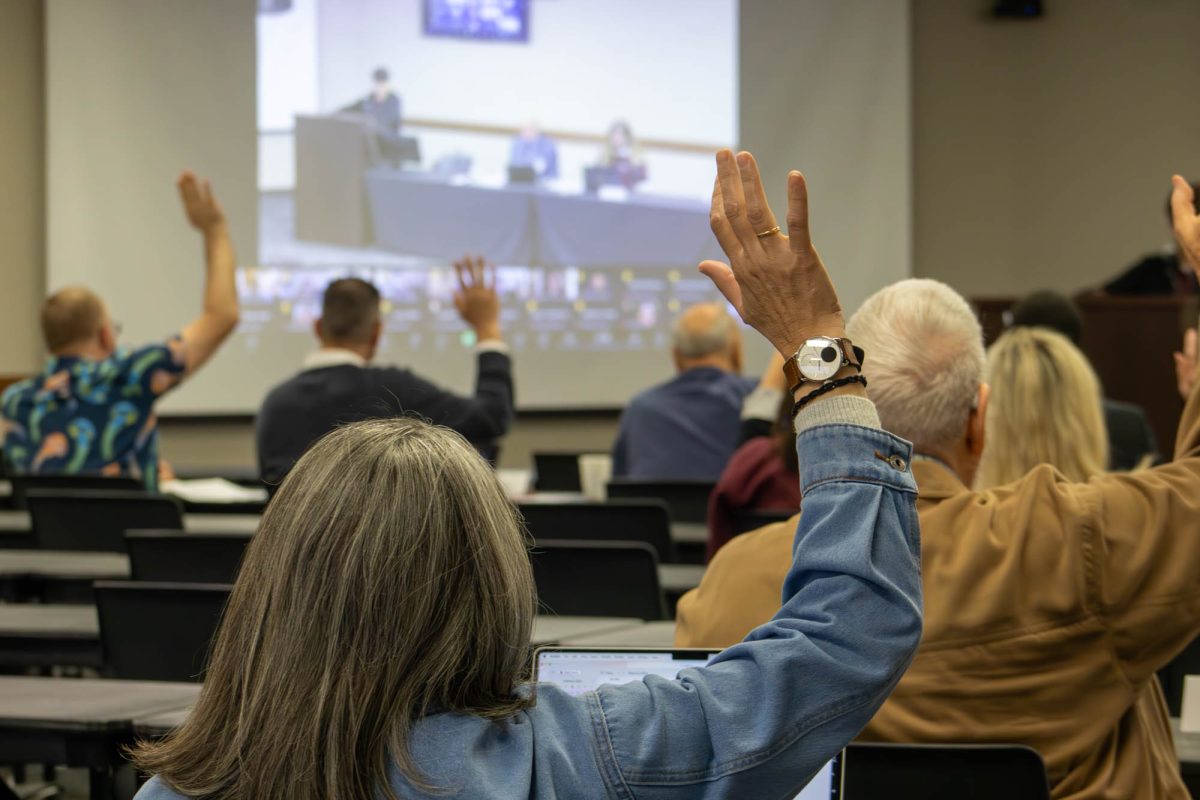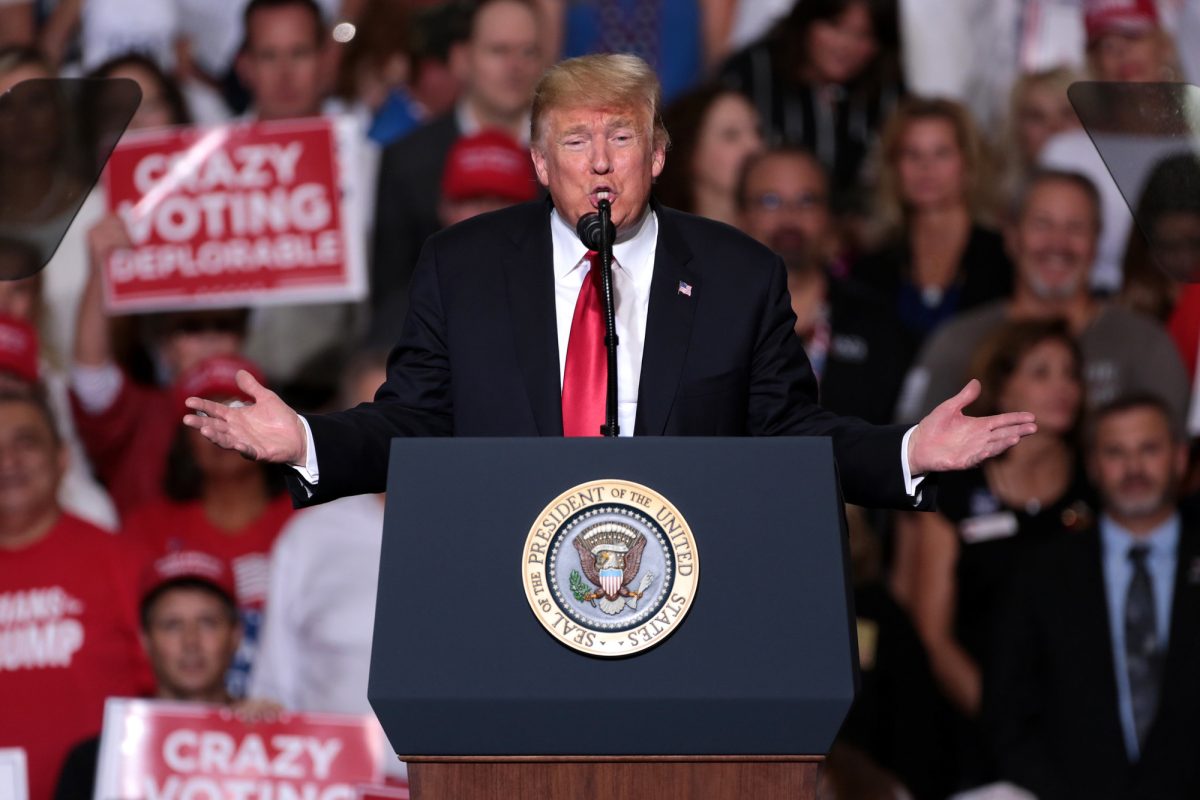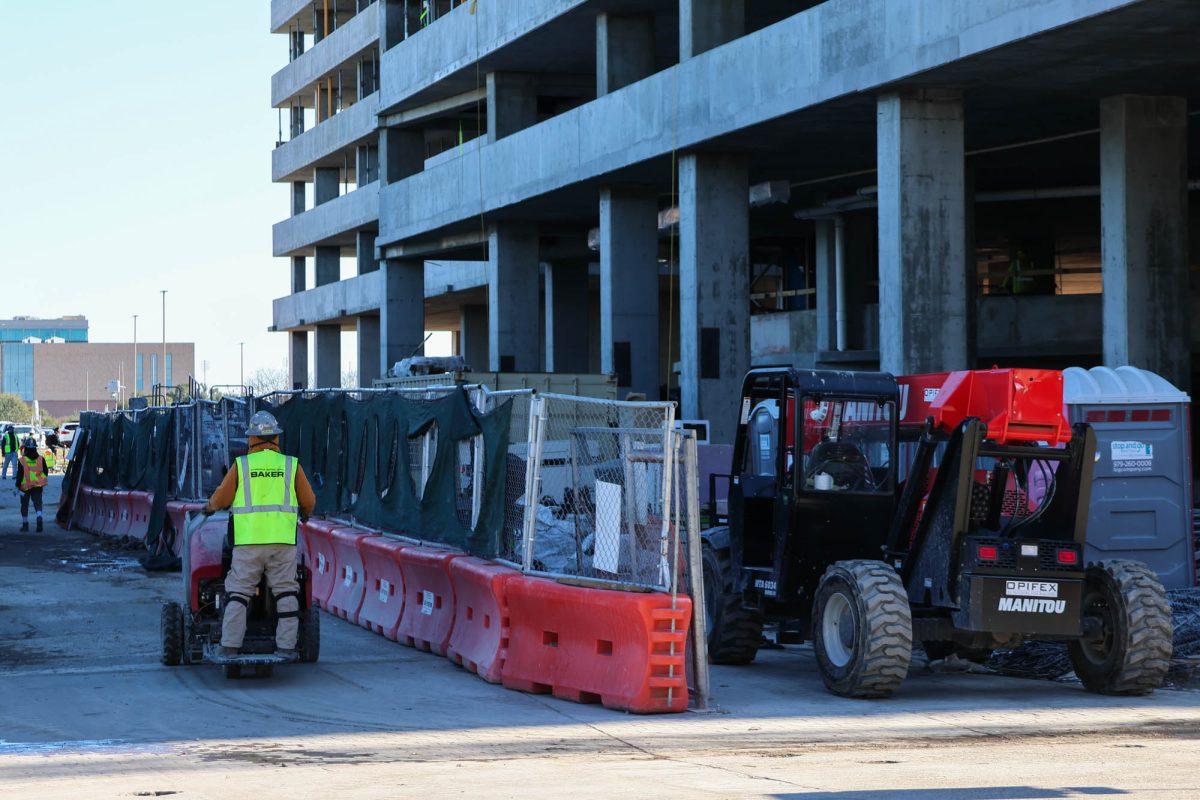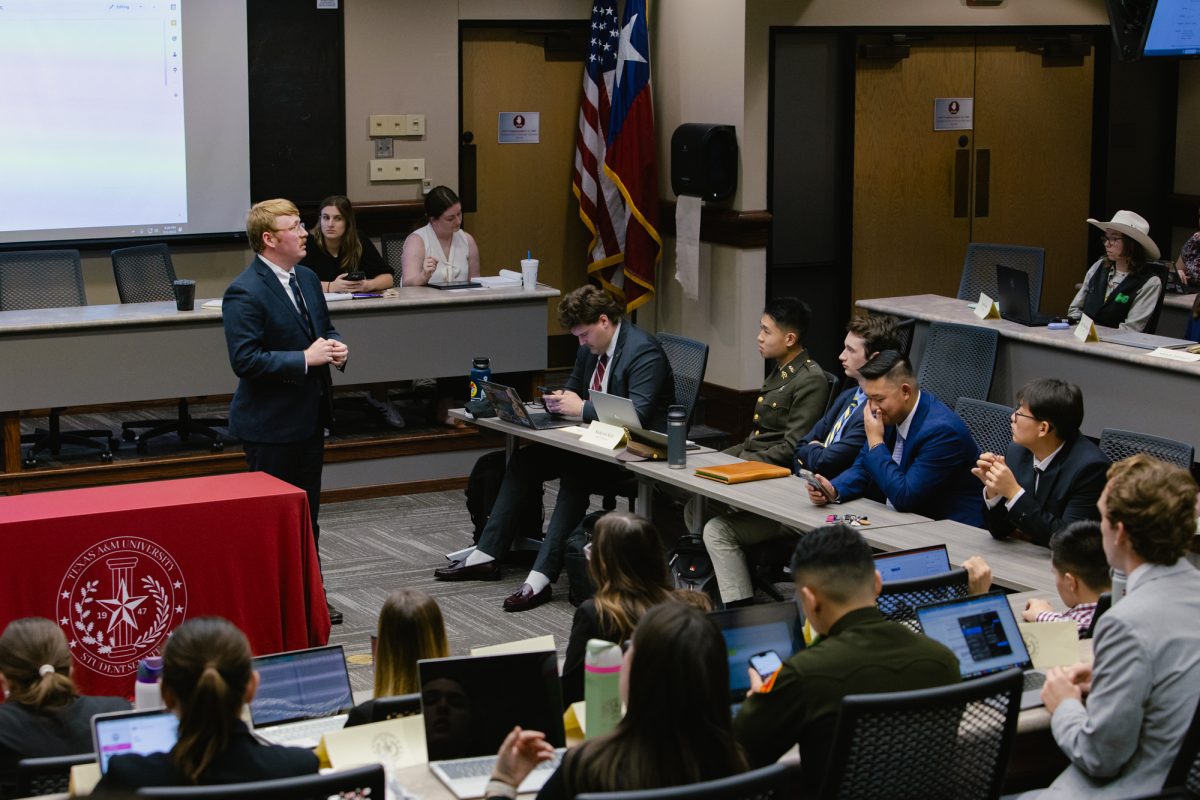The Supreme Court unanimously decided to reject the challenge to the “one person, one vote” constitutional rule.
The case Evenwel v. Abbot questioned whether people who aren’t eligible to vote, such as illegal immigrants and children, should be counted in voting districts. If the challenge was affirmed by the court, voting districts would have been redistributed based on citizens eligible to vote rather than every citizen present. Ruth Bader Ginsburg, Associate Justice of the Supreme Court, gave the final ruling.
“In agreement with Texas and the United States, we reject appellants’ attempt to locate a voter-equality mandate in the Equal Protection Clause,” Ginsburg wrote for the majority. “As history, precedent, and practice demonstrate, it is plainly permissible for jurisdictions to measure equalization by the total population of state and local legislative districts.”
Voting districts are currently sectioned by how many citizens in total live within a certain area. Some proponents of the decision say that since the demographics ineligible to vote tend to lean left politically, the decision to revise “one person, one vote” would have reduced the voting power of liberal and democratic voting districts, favoring more conservative districts instead.
SCOTUS rejects challenge to ‘one person, one vote’ challenge
April 4, 2016
0
Donate to The Battalion
$1365
$5000
Contributed
Our Goal
Your donation will support the student journalists of Texas A&M University - College Station. Your contribution will allow us to purchase equipment and cover our annual website hosting costs, in addition to paying freelance staffers for their work, travel costs for coverage and more!
More to Discover




